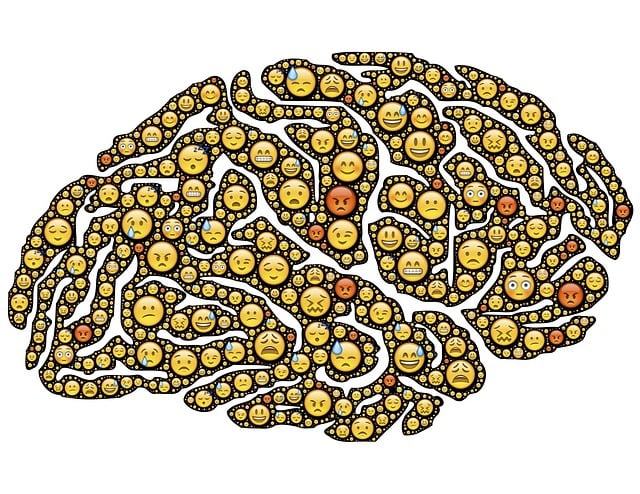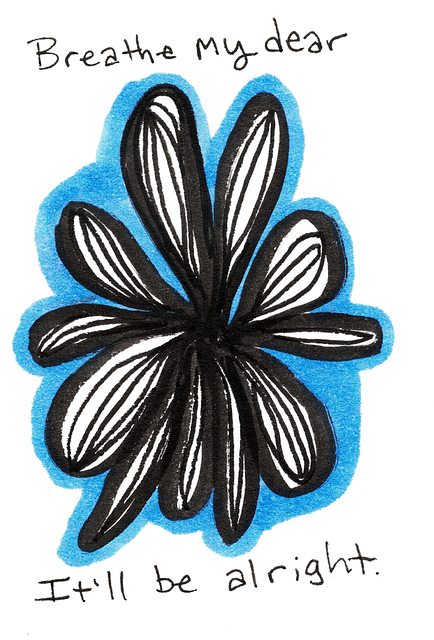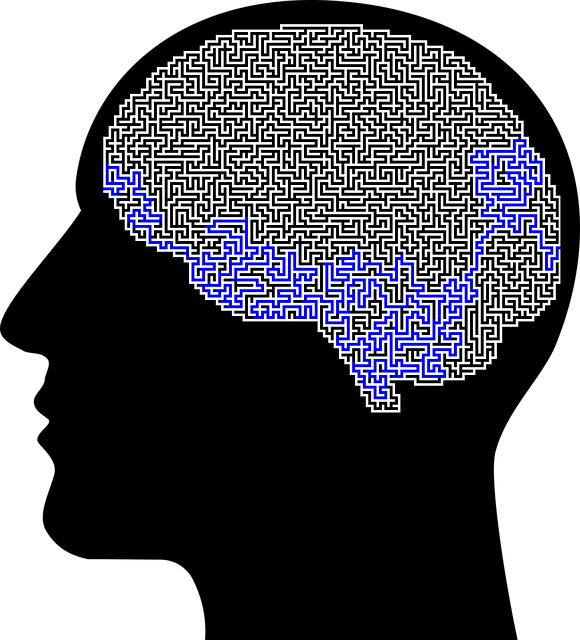In today's digital age, Therapy for Children Sexual Abuse Survivor apps offer a crucial, accessible solution for addressing trauma and promoting mental wellness. These apps provide discreet support, evidence-based practices, and self-care tools in safe, private spaces. By incorporating age-appropriate exercises, crisis intervention guidance, and Mind Over Matter principles, they foster resilience and emotional intelligence while mitigating professional burnout. Development must balance privacy, safety, and ethical considerations to protect users and ensure effective, specialized care for this vulnerable population.
In today’s digital age, mental wellness apps offer a promising avenue for supporting individuals, especially children sexual abuse survivors. This article explores the growing necessity for specialized apps tailored to this vulnerable population. We delve into designing effective therapy, considering essential features and functionality while navigating critical privacy, safety, and ethical considerations. By examining these aspects, we aim to revolutionize mental health support for children sexual abuse survivors through innovative app development.
- Understanding the Need for Specialized Mental Wellness Apps
- Designing Therapy for Children Sexual Abuse Survivors
- Essential Features and Functionality Considerations
- Privacy, Safety, and Ethical Implications in App Development
Understanding the Need for Specialized Mental Wellness Apps

In today’s digital age, mental wellness app development has become a crucial component in addressing diverse psychological needs. One area that demands specialized attention is therapy for children who have experienced sexual abuse. These survivors often face unique challenges and require tailored support to navigate their complex emotional landscapes. Mental health professionals acknowledge the necessity of innovative tools like apps to enhance access to care, especially for vulnerable populations.
Specialized mental wellness apps can offer discreet and accessible Trauma Support Services, enabling children to receive assistance in safe, private spaces. By incorporating evidence-based practices, these apps can facilitate self-care routines, encourage coping mechanisms, and foster resilience. Furthermore, they can serve as a means of Risk Management Planning for professionals, ensuring that both practitioners and clients are supported in managing potential triggers and maintaining a healthy therapeutic environment. This digital approach not only complements traditional therapy but also plays a vital role in preventing Burnout among mental health professionals who tirelessly work with survivors.
Designing Therapy for Children Sexual Abuse Survivors

Designing effective therapy for children sexual abuse survivors requires a nuanced and child-centered approach. This involves creating safe, supportive spaces where young individuals can process their experiences at their own pace. Incorporating age-appropriate self-awareness exercises tailored to their developmental stage is key. Such exercises can include storytelling, drawing, or play therapy techniques that encourage expression and understanding of complex emotions.
Mental health professionals must also prioritize risk assessment to ensure the well-being of both survivors and practitioners. This involves meticulous screening, training, and ongoing supervision to manage potential triggers and maintain a secure therapeutic environment. Additionally, stress reduction methods should be integrated into the treatment plan to support children’s resilience and overall mental wellness.
Essential Features and Functionality Considerations

When developing a mental wellness app, it’s crucial to incorporate essential features tailored to meet the unique needs of various user demographics, such as sexual abuse survivors. For children who have experienced trauma, incorporating therapy elements that are engaging and age-appropriate is vital. This could include interactive exercises, games designed to process emotions, and storytelling activities that facilitate their healing journey. The app should also offer personalized crisis intervention guidance, providing tools for self-calming and coping mechanisms during distressing moments.
Additionally, integrating Mind Over Matter principles can empower users with strategies to reframe negative thoughts and cultivate resilience. Promoting emotional intelligence through educational content and interactive practices enables individuals to better understand and manage their emotions effectively. These features collectively contribute to a holistic approach in supporting mental wellness, especially for vulnerable populations like sexual abuse survivors.
Privacy, Safety, and Ethical Implications in App Development

Privacy, safety, and ethical considerations are paramount when developing mental wellness apps, especially for vulnerable populations like children who have experienced sexual abuse. These users require specialized care and support tailored to their unique needs, while ensuring their sensitive data is protected. Developers must adhere to strict privacy regulations, such as GDPR or CCPA, to safeguard personal information and ensure transparency in data collection and usage.
Additionally, implementing robust security measures is essential to prevent unauthorized access and protect against potential cyber threats. Features like encryption, secure storage, and anonymous data collection methods can foster trust among users. Ethical guidelines should also be followed to avoid exploitation or misinformation, ensuring the app promotes healthy Self-Care Practices, Mood Management, and Confidence Boosting without causing further harm.
Mental wellness apps have the potential to revolutionize access to therapeutic support, especially for vulnerable populations like children sexual abuse survivors. By incorporating tailored features and prioritizing privacy, safety, and ethical standards, developers can create transformative tools that enhance healing journeys. As the digital landscape evolves, it’s crucial to ensure these apps address unique needs with sensitivity and efficacy, ultimately empowering users on their path to mental well-being.








